Book bans: five infamous cases
Challenges to titles on library shelves and school syllabuses increasing at ‘unprecedented’ rate
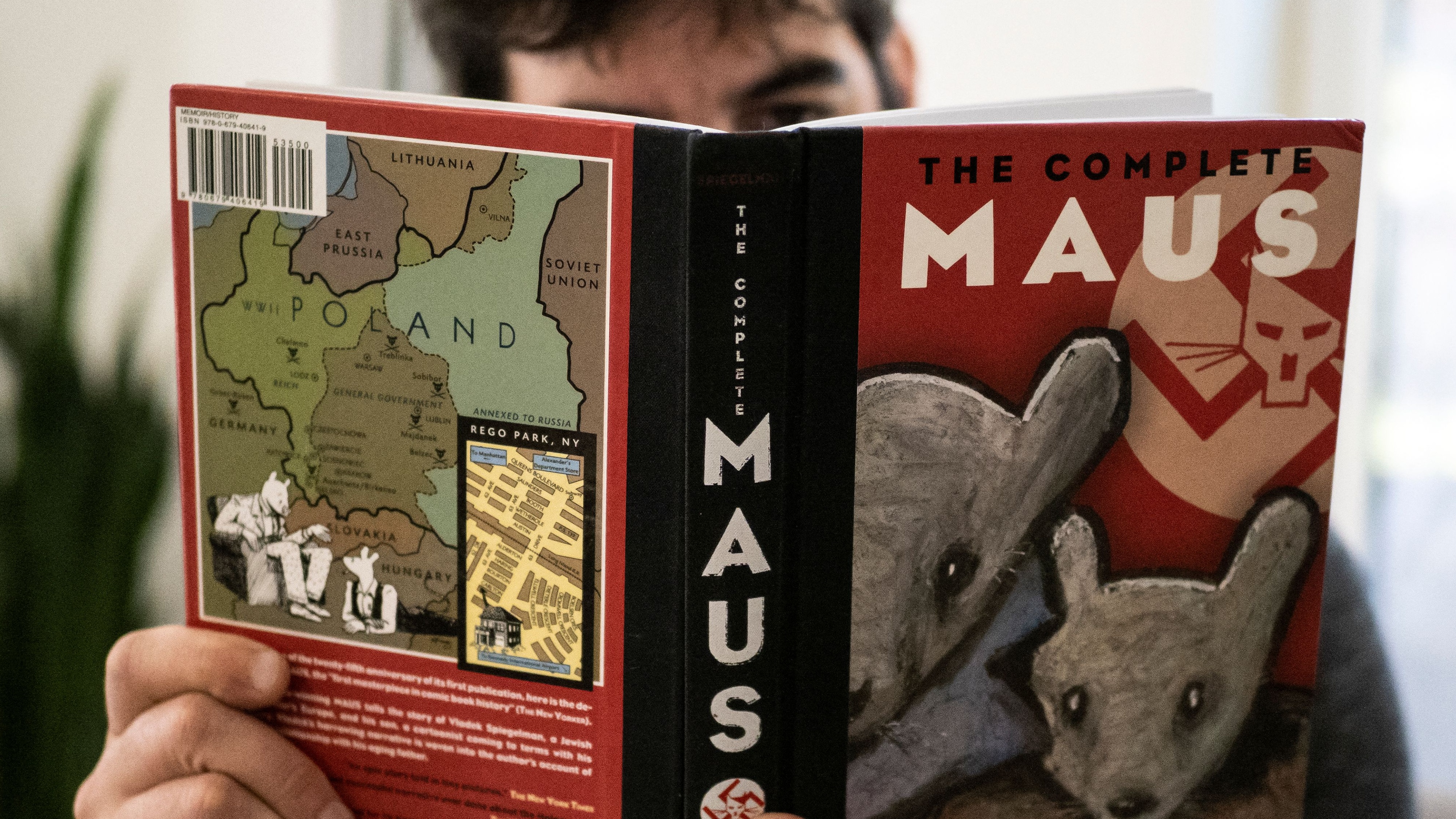
A free daily email with the biggest news stories of the day – and the best features from TheWeek.com
You are now subscribed
Your newsletter sign-up was successful
Calls for books to be banned or censored have reached an “unprecedented” level across the US, charities that protect freedom of speech have warned.
A string of Republican-majority states have tried to ban books “pertaining to race and LGBTQ+ issues” from classrooms”, amid pushes to prevent teachers from discussing homosexuality or “the modern-day impact of historic racism in the US”, said The Guardian’s New York-based reporter Adam Gabbatt.
Suzanne Nossel of rights organisation Pen America told the paper that both “the ferocity of this wave” of “education gag orders” and the “polarisation in our country” was “unprecedented”, adding: “There is a very potent and intense struggle under way about what the future of our society looks like.”
The Week
Escape your echo chamber. Get the facts behind the news, plus analysis from multiple perspectives.

Sign up for The Week's Free Newsletters
From our morning news briefing to a weekly Good News Newsletter, get the best of The Week delivered directly to your inbox.
From our morning news briefing to a weekly Good News Newsletter, get the best of The Week delivered directly to your inbox.
Latest tracking from the American Library Association’s (ALA) Office for Intellectual Freedom – which monitors challenges to library, school and university materials – revealed 330 challenges between September and November last year, up from 156 in the whole of 2020.
“I've worked for this office for 20 years, and we've never had this volume of challenges come in such a short time,” the charity's Deborah Caldwell-Stone told Axios.
While the number of such challenges is soaring, the history of book bans stretches back many decades, in both the US and across the rest of the world. Here are five of the most infamous cases in recent history.
1. The Hate U Give by Angie Thomas
Angie Thomas’s debut novel tells the story of a teenager who witnesses the police shooting of her best friend, and was inspired by the Black Lives Matter movement and the 2009 shooting of African-American man Oscar Grant. The novel spent a “remarkable 38 weeks” at the top of The New York Times best sellers list and garnered “massive praise” following its 2017 release, reported Vulture. The story was later adapted into a hit Netflix film of the same name.
A free daily email with the biggest news stories of the day – and the best features from TheWeek.com
But the book was also banned from a string of school libraries and curriculums amid claims that it promoted an “anti-police message” and was “pervasively vulgar”, “and because of drug use, profanity, and offensive language”, according to the American Library Association. Latest tracking by the charity found that The Hate U Give was among the top ten most-challenged books in the US in 2017, 2018 and 2020.
2. Maus by Art Spiegelman
First published as a serialisation from 1980 to 1991 in avant-garde magazine Raw, the Pulitzer-winning graphic novel tells the story of the author’s relationship with his father, a Holocaust survivor, and depicts Jews as mice and Nazis as cats.
Despite winning critical praise, Maus has been challenged for being “anti-ethnic” and “unsuitable for younger readers”. In the run-up to International Holocaust Remembrance Day last month, the McMinn County School Board in Tenessee voted “unanimously” to remove the book from the curriculum, reported NPR. The school board was said to have objected to “eight curse words and nude imagery of a woman, used in the depiction of the author's mother's suicide”.
Spiegelman told CNN that the ban was “absurd” and “myopic”, adding: “They’re totally focused on some bad words that are in the book. I can’t believe the word ‘damn’ would get the book jettisoned out of the school on its own, but that’s really where the genuine focus seems to be.”
3. The Satanic Verses by Salman Rushdie
Few novelists “have faced more blatant detestation for a piece of work” than Salman Rushdie, whose 1988 book The Satanic Verses tells the story of “two men infused with the Islamic culture and their (in)abilities to cope with Western influences”, said Encyclopaedia Britannica.
The novel’s publication inspired “outright loathing from a majority of the Muslim community for its alleged blasphemous treatment” of a character modelled after the Prophet Mohammad. A bounty was placed on Rushdie’s head by Iran’s then supreme leader, the late Ayatollah Ruhollah Khomeini, forcing the author “to drastically limit his public appearances and to move frequently from residence to residence, all the time being accompanied by bodyguard”, Britannica continued.
The book was banned in multiple countries, including India (Rushdie's birthplace), Bangladesh, Sudan, South Africa, Sri Lanka, Egypt and Pakistan.
4. Tropic of Cancer by Henry Miller
Henry Miller’s “sprawling masterpiece” was first published by a French publisher of soft pornography, Obelisk Press, in 1934 and “set a new gold standard for graphic language and explicit sexuality”, The Observer’s then literary editor Robert McCrum wrote in 2012.
Miller originally intended to call his novel “Crazy Cock”, and its themes “shook US censorship and inflamed American literary sensibility to its core”, said McCrum. The book would remain “banned for a generation, by which time it had become part of postwar cultural folklore, smuggled into the US wrapped in scarves and underwear”.
After the US ban on Tropic of Cancer was finally lifted in 1961, the book was legally published there. But the move triggered more than 60 obscenity lawsuits against booksellers in states across the country, before the Supreme Court ruled in 1964 that the novel was not obscene.
5. Ulysses by James Joyce
The post-modernist classic, which turns 100 this year, “is now central to the literary canon and features on university literature courses around the world”, wrote Rachel Potter, a professor of modern literature at East Anglia University, in an article on The Conversation. But Joyce’s book was “banned as obscene before it was first published as a complete novel” and was widely “regarded as a work of perversion” for many decades.
First published in instalments in the US literary magazine The Little Review, the novel triggered a legal challenge in 1920 by the New York Society for the Suppression of Vice, over a chapter featuring the main character, Leopold Bloom, masturbating on a beach while gazing at a 17-year-old girl. The magazine editors were “taken to court and fined for publishing an obscene work”, a ruling that prohibited the publication of Ulysses in the US, Potter explained. The ban remained in place until 1934.
The novel was also banned in other countries, including in the UK until the mid-1930s, for its “explicit sexuality and graphic depiction of bodily functions”, said Britannica.
-
 The environmental cost of GLP-1s
The environmental cost of GLP-1sThe explainer Producing the drugs is a dirty process
-
 Greenland’s capital becomes ground zero for the country’s diplomatic straits
Greenland’s capital becomes ground zero for the country’s diplomatic straitsIN THE SPOTLIGHT A flurry of new consular activity in Nuuk shows how important Greenland has become to Europeans’ anxiety about American imperialism
-
 ‘This is something that happens all too often’
‘This is something that happens all too often’Instant Opinion Opinion, comment and editorials of the day
-
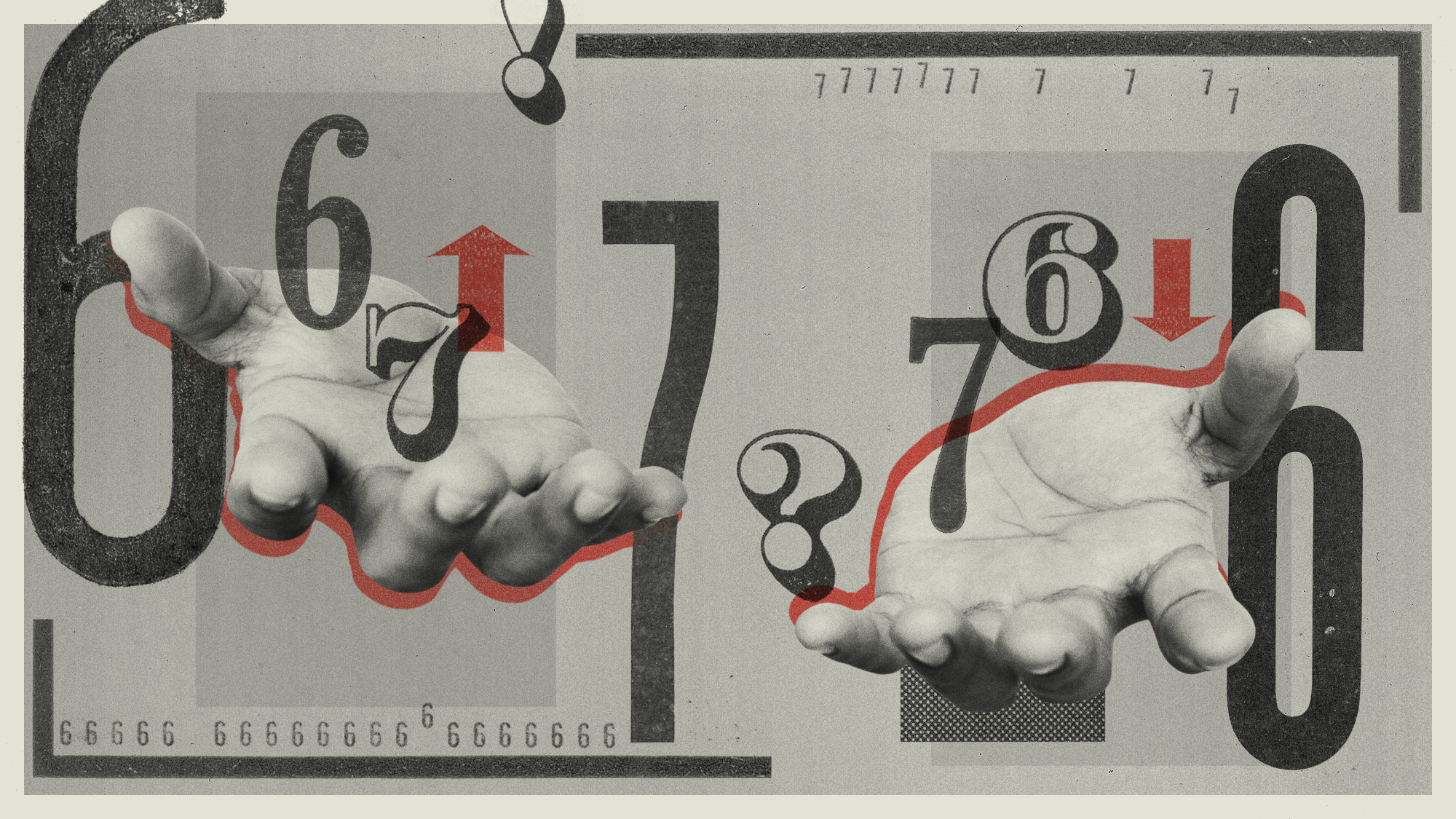 The six-seven meme that has taken over the world
The six-seven meme that has taken over the worldIn the Spotlight With roots in rap and basketball, the phrase has young people obsessed, and it could be here to stay
-
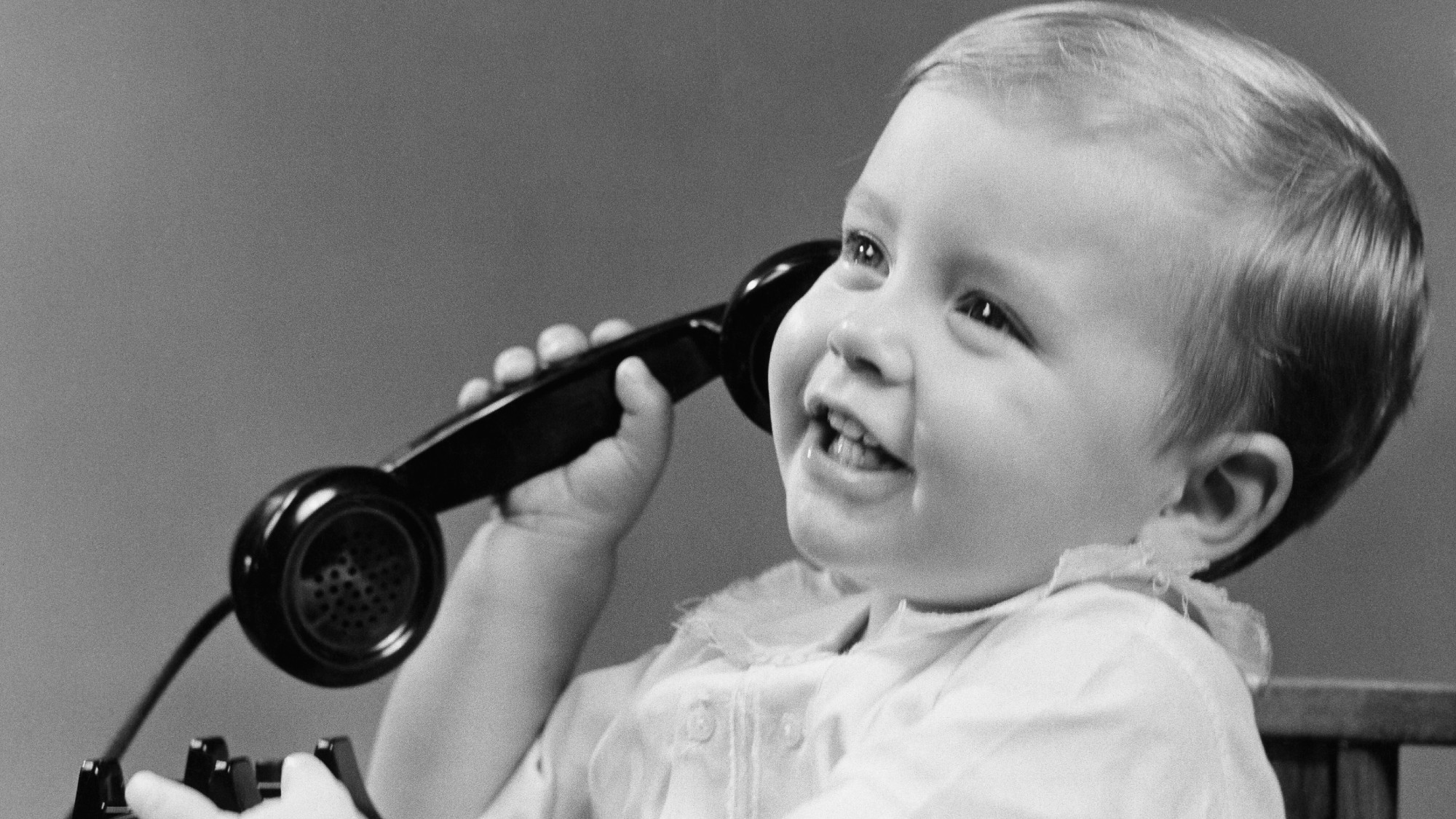 Telephobia: why young people are being taught how to make phone calls
Telephobia: why young people are being taught how to make phone callsIn The Spotlight Young people are so scared of calls that they 'scream' when their phone rings
-
 Do smartphone bans in schools work?
Do smartphone bans in schools work?The Explainer Trials in UK, New Zealand, France and the US found prohibition may be only part of the solution
-
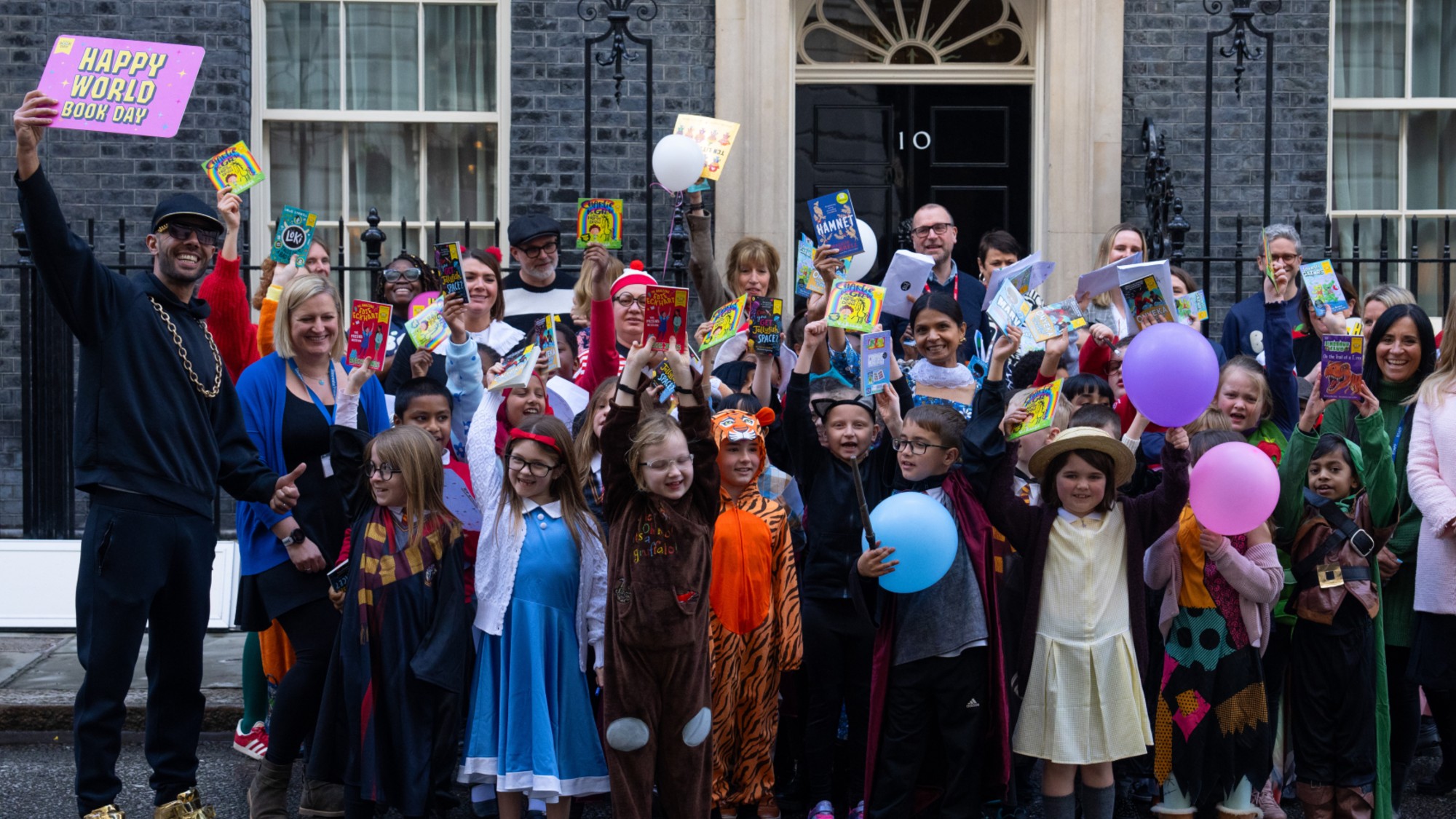 Has World Book Day become a 'horror show'?
Has World Book Day become a 'horror show'?Talking Point Annual event to encourage children to read for pleasure is sore spot for parents under 'growing pressure' to create character costumes
-
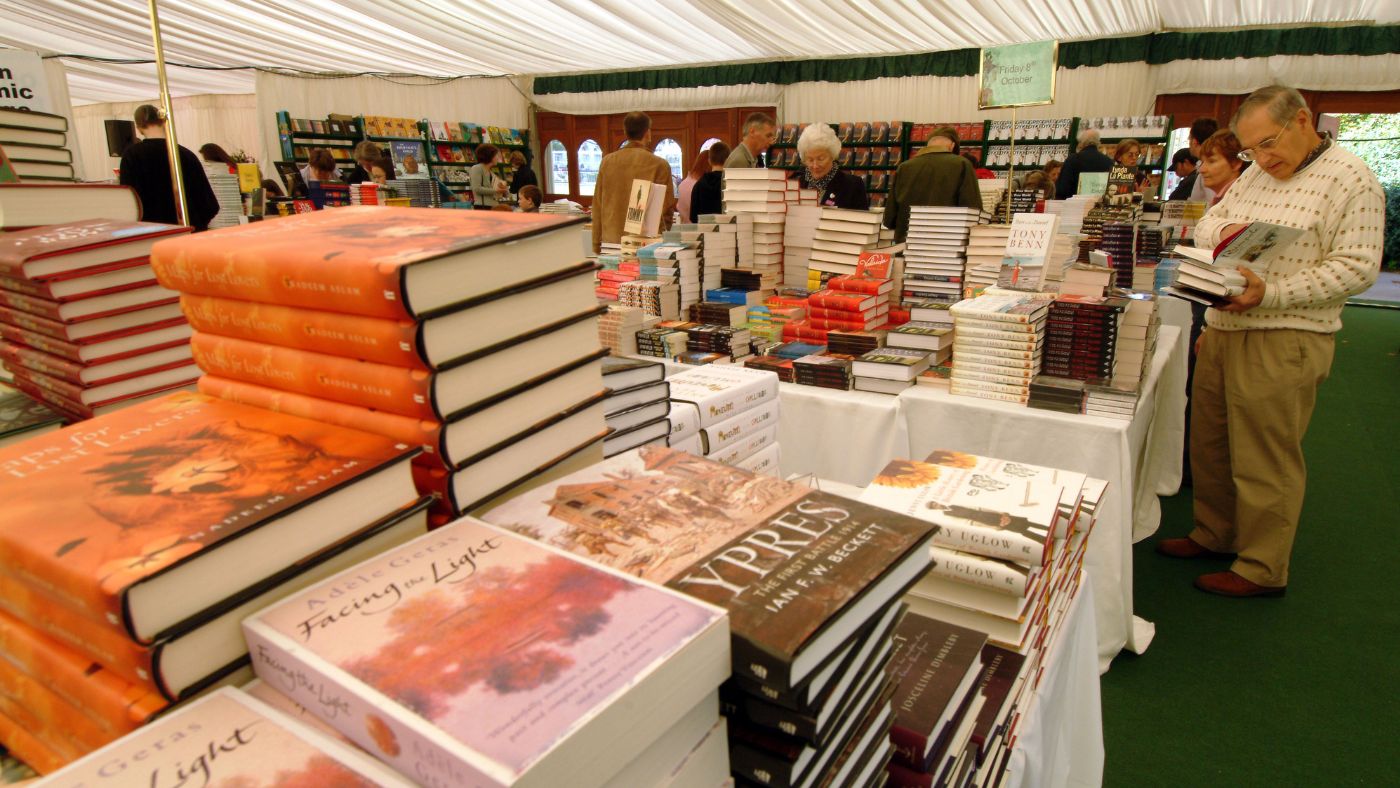 Best UK literary festivals and book fairs in 2023
Best UK literary festivals and book fairs in 2023feature A look at some the biggest events for book lovers in Britain in 2023
-
 Fabulous foodie adventures in Peru, Japan and Australia
Fabulous foodie adventures in Peru, Japan and Australiafeature Featuring a Peruvian pilgrimage and foraging in the Volcanic Lakes and Plains
-
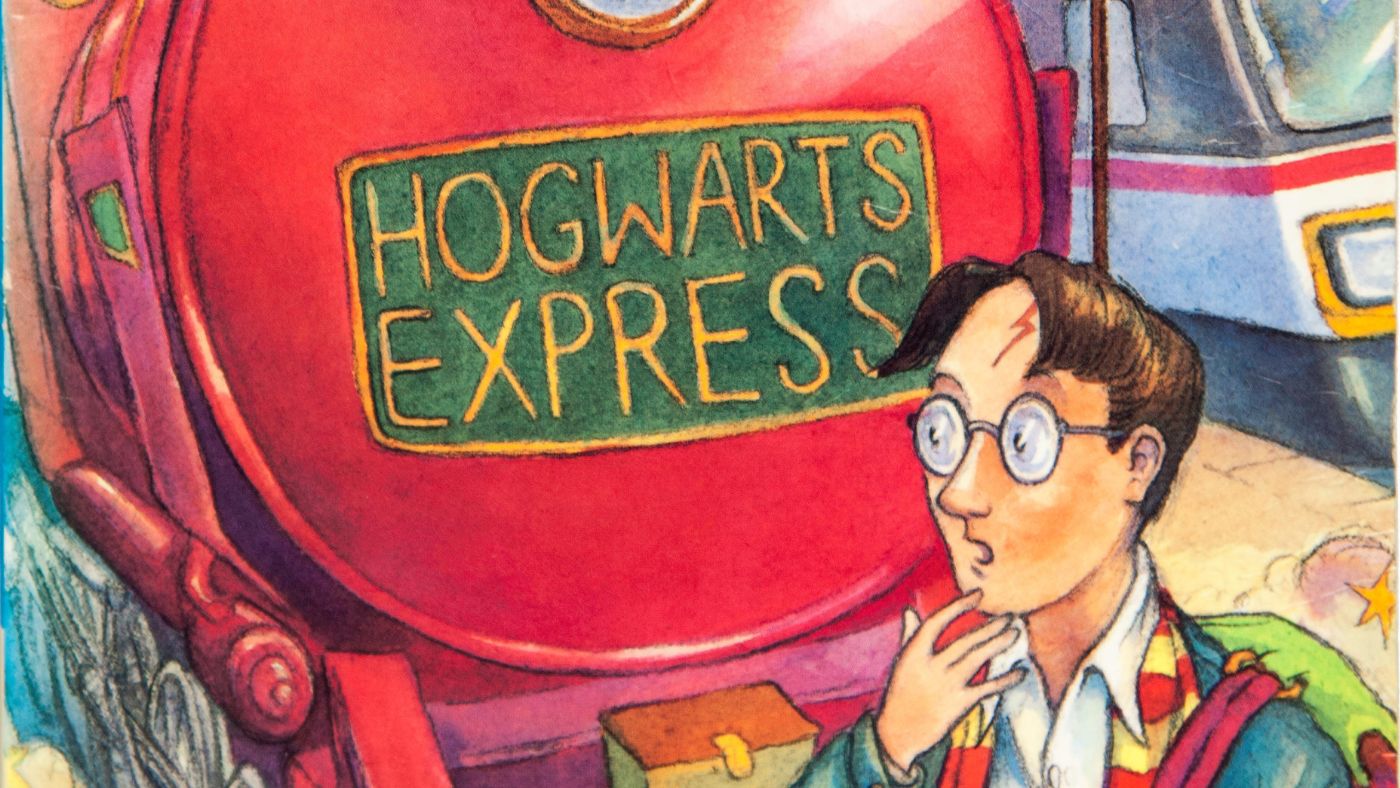 Top 10 best debut novels of all time
Top 10 best debut novels of all timefeature Harry Potter and the Philosopher’s Stone took top spot in a poll of British literary lovers
-
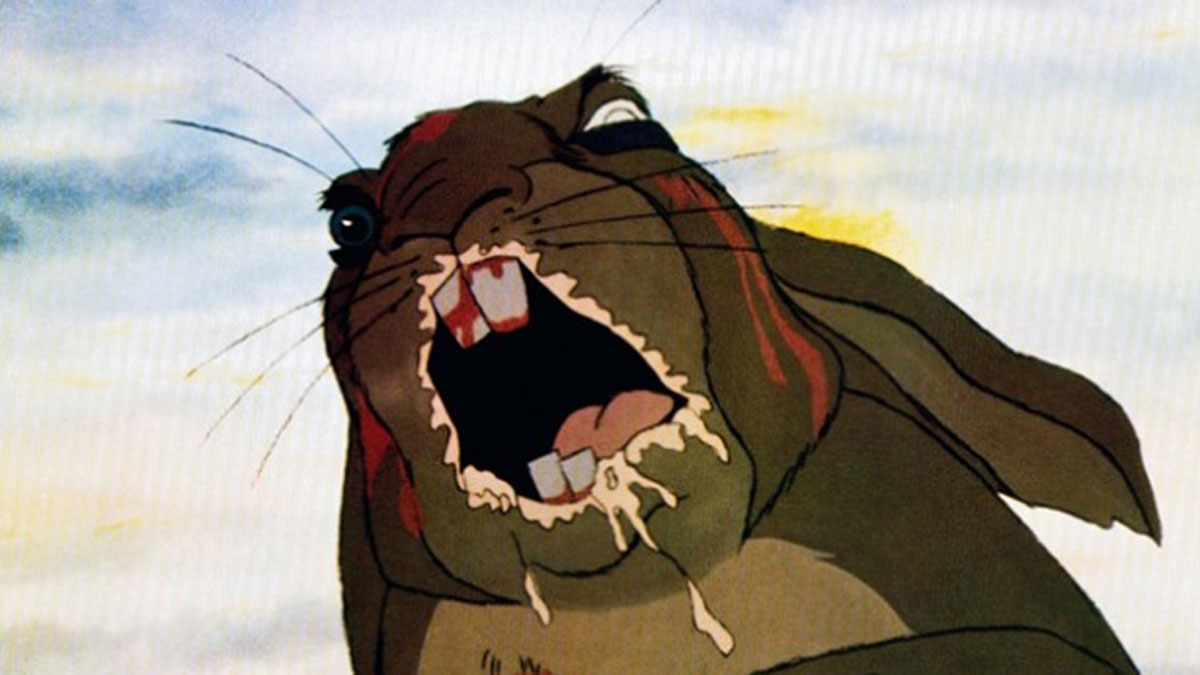 Watership Down: disturbing children’s film finally loses its U rating
Watership Down: disturbing children’s film finally loses its U ratingfeature The 1978 adaptation of Richard Adams’s novel no longer feels ‘suitable for all’